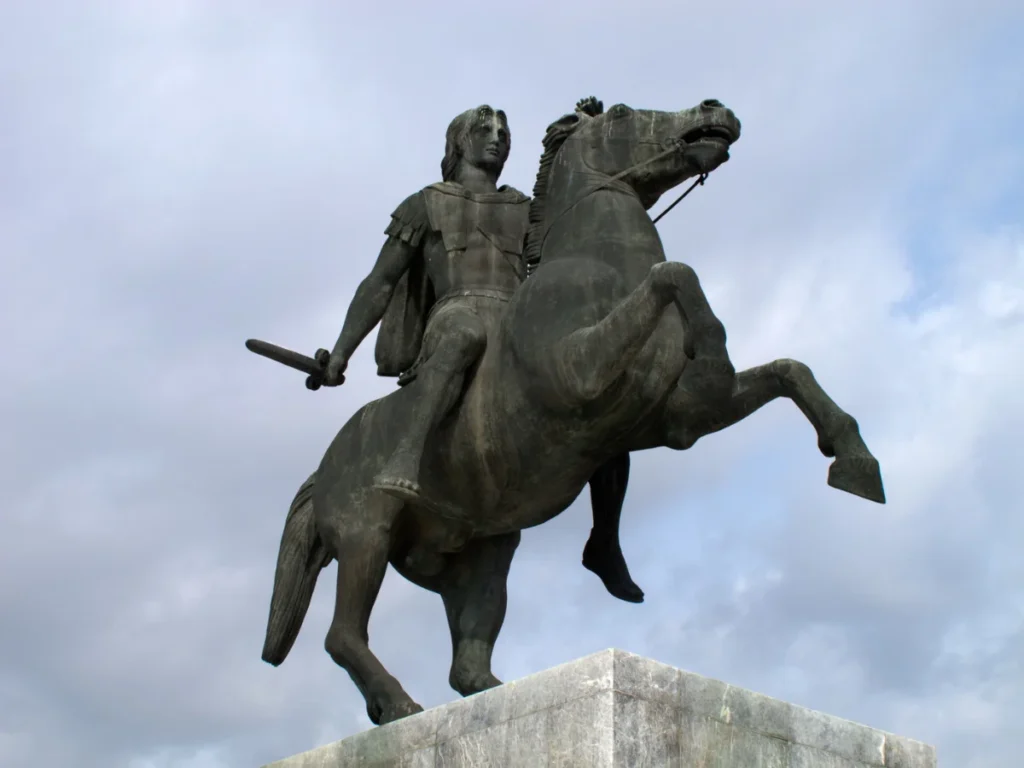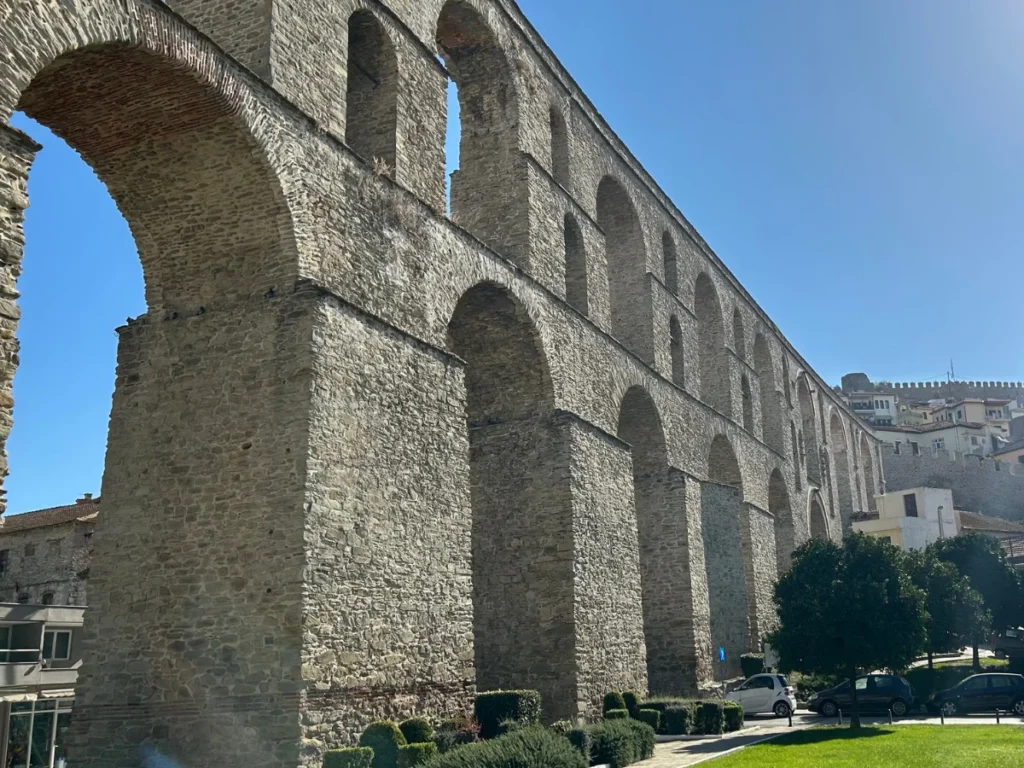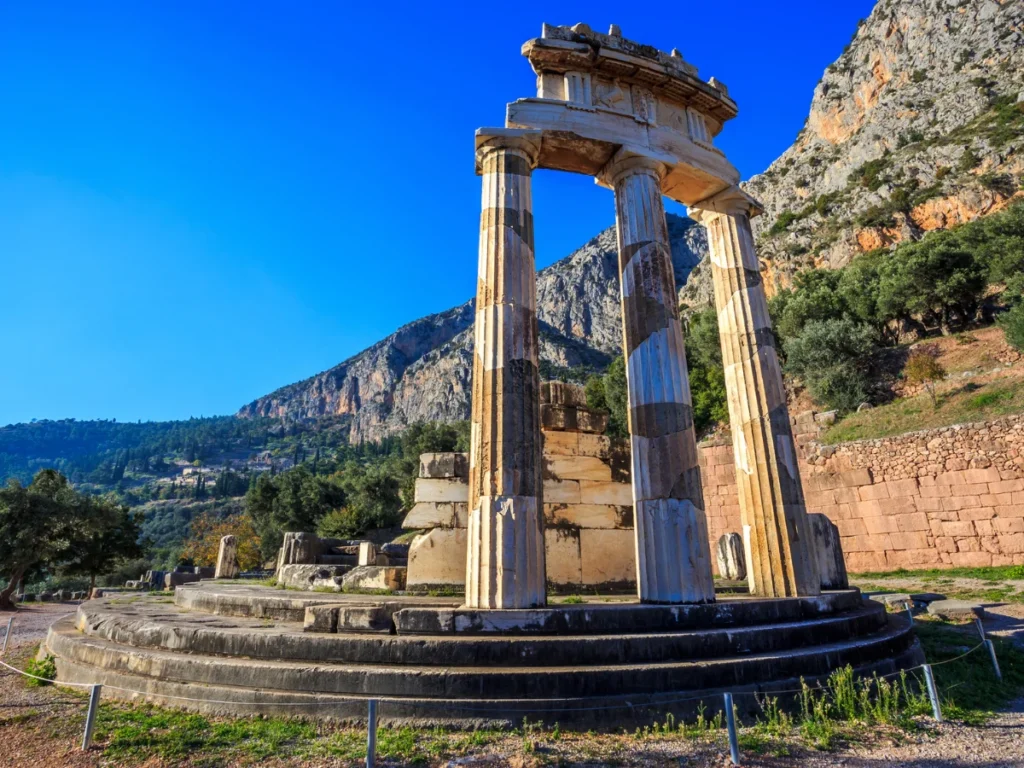Battle of Granicus
The Battle of Granicus in 334 BCE was the inaugural clash in Alexander the Great’s quest to conquer the vast Persian Empire. Ascending to the throne of Macedon after his father’s assassination, Alexander united Greek city-states, forming the Corinthian League. With meticulous preparation, he crossed the Hellespont into Asia Minor and triumphed over the Persians at Granicus. This victory marked the beginning of his epic campaign, reshaping the ancient world.

The Battle of Granicus (334 BCE)
Alexander’s Ascension to Power
In 334 BCE, the Battle of Granicus marked the initial step in Alexander the Great’s ambitious campaign to conquer the vast Persian Empire. Following the assassination of his father, King Philip II of Macedon, in 336 BCE, Alexander swiftly ascended to the throne. Eager to fulfill his father’s dream of Hellenic unity against Persia, he embarked on a quest that would redefine history.
Unifying the Greeks
Alexander recognized that securing Greek unity was crucial before taking on the Persian Empire. He summoned a congress of Greek city-states, commonly referred to as the Corinthian League, in 337 BCE There, he rallied support for his grand vision and proposed a unified front against the Persians. Many city-states, including Athens and Sparta, initially hesitated but eventually rallied behind him.
Preparations for War
In the years leading up to the Battle of Granicus, Alexander meticulously prepared for his Persian campaign. He bolstered his army with Macedonian and Greek troops, ensuring their loyalty and training them in innovative tactics. He also secured his western borders by quelling rebellions in Thrace and Illyria.
Crossing the Hellespont
In the spring of 334 BCE, Alexander’s army crossed the Hellespont (Dardanelles) into Asia Minor, marking the commencement of his audacious expedition. He aimed to challenge the Persian King Darius III and his vast forces, which dwarfed Alexander’s own army.
The Battle of Granicus
The Battle of Granicus occurred near the Granicus River in Asia Minor. Alexander’s army faced a formidable Persian force. Alexander led his troops with daring and strategic brilliance. He positioned himself at the forefront of the battle, charging directly into the Persian ranks. His leadership inspired his men, and the Macedonians and Greeks fought fiercely.
The Victory and Its Impact
Despite the challenges, Alexander’s forces prevailed at Granicus. This victory symbolized the beginning of Alexander’s remarkable conquests, as it demonstrated the effectiveness of his military innovations and the unity of the Greek city-states behind his leadership.
The Ongoing Campaign
Following Granicus, Alexander continued his Persian campaign, eventually defeating Darius III at the Battle of Issus in 333 BCE and capturing key Persian territories. His relentless pursuit of Darius led him deeper into the heart of the Persian Empire, reshaping the course of history and leaving a legacy that would inspire generations to come.
Conclusion
The Battle of Granicus marked the initiation of Alexander the Great’s extraordinary conquests and the unification of Greek city-states under his visionary leadership. It exemplified the indomitable spirit of the Macedonian and Greek soldiers and set the stage for further conquests that would redefine the ancient world. Alexander’s audacious dream of Hellenic unity against the Persian Empire had taken its first tangible step toward fruition.
More History

Aristoteles
Aristotle blazed trails in numerous fields. His tireless intellect and insatiable curiosity helped shape Western thought, leaving an enduring legacy in philosophy, science, and ethics.

King Leonidias
King Leonidas of Sparta, a symbol of valor and resolve, led the legendary 300 Spartans at the Battle of Thermopylae. His unwavering courage against the Persian invaders left an indelible mark on history.

Philip II
Philip II of Macedon, a strategic genius, transformed Macedonia into a formidable power. His military innovations and diplomatic prowess paved the way for his son, Alexander the Great.
